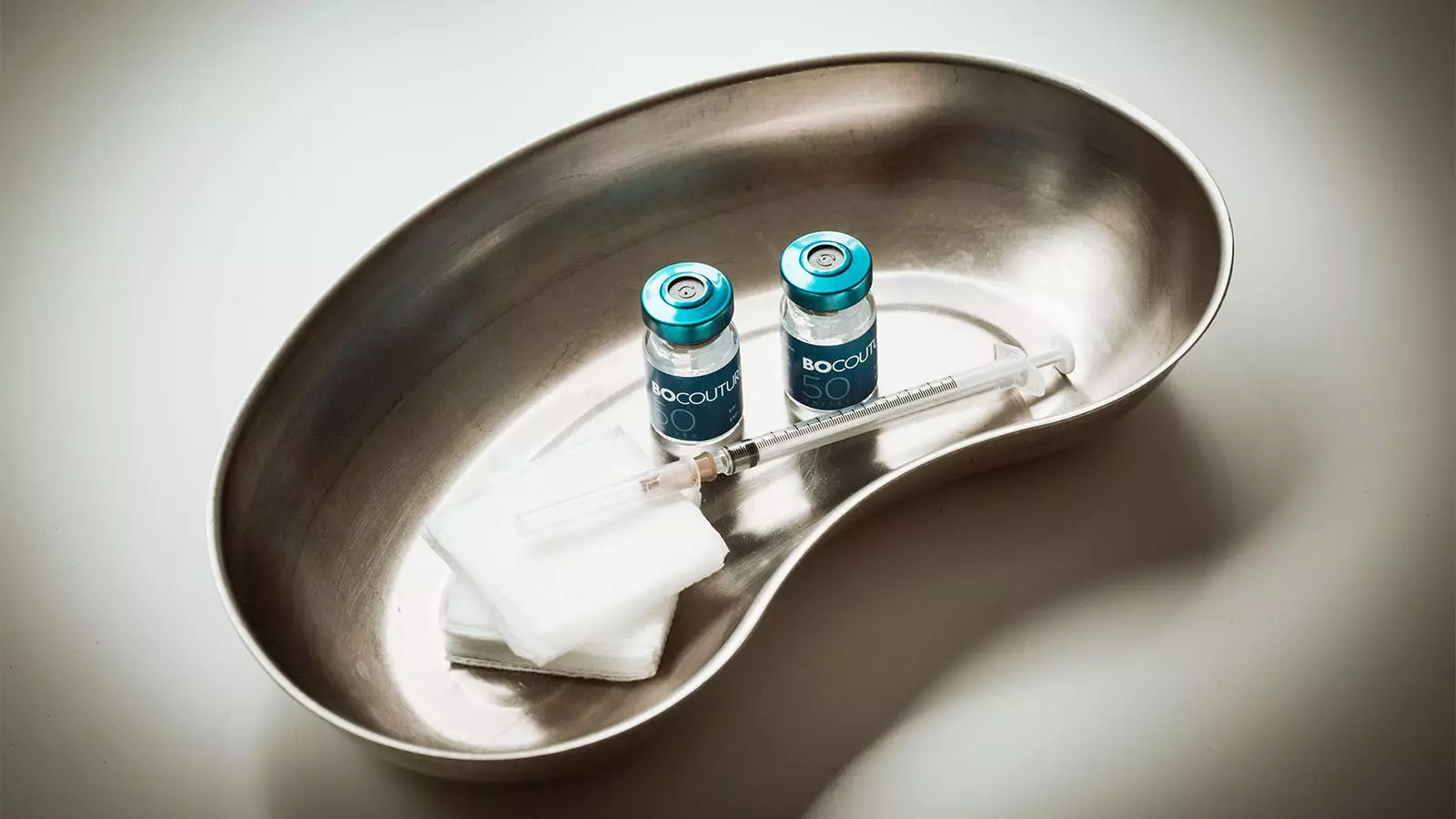Head tremors, also known as essential or isolated head tremors, can significantly impact an individual’s quality of life. The use of botulinum toxin type A injections has been suggested as a potential treatment option for reducing head tremor severity. However, the results of clinical trials evaluating the effectiveness of this treatment have been limited and inconclusive. In this critical analysis, we will examine the findings of the multicenter Btx-HT trial conducted in France and discuss the implications of the study’s results.
The Btx-HT trial aimed to evaluate the efficacy of botulinum toxin type A injections in reducing head tremor severity compared to a placebo. Participants with severe essential or isolated head tremor were randomly assigned to receive either the botulinum toxin or placebo injections. The primary outcome measure was the improvement in head tremor severity assessed using the Clinical Global Impression of Change (CGI) scale at 18 weeks.
The results of the Btx-HT trial demonstrated a significant improvement in head tremor severity in the botulinum toxin group compared to the placebo group. At 18 weeks, 31% of head tremor patients in the botulinum toxin group showed a 2-point improvement on the CGI scale, compared to only 9% in the placebo group. These findings suggest that botulinum toxin injections can effectively reduce head tremor severity in the short term.
While the results of the Btx-HT trial are promising, several limitations should be considered. Firstly, the trial had stringent requirements for enrollment, outcome assessment, and injection technique, which may limit the generalizability of the findings to real-world clinical practice. Additionally, while the improvement in head tremor severity was sustained at various time points, including weeks 6 and 12, the effect of botulinum toxin injections appeared to wane at 24 weeks, indicating the need for further investigation into the long-term effectiveness of this treatment.
Approximately 40% of participants in the botulinum toxin group experienced adverse events, including neck and head pain, posterior cervical weakness, and dysphagia. These adverse events highlight the potential risks associated with botulinum toxin injections for head tremors. It is crucial for healthcare professionals to carefully weigh the benefits and risks before considering this treatment option for their patients.
The use of botulinum toxin injections for head tremors is based on the limited effectiveness of traditional treatment options such as beta-blockers. Head tremors often present differently from essential limb tremors and may require alternative therapeutic approaches. While the Btx-HT trial provides evidence of the short-term efficacy of botulinum toxin injections, further research is needed to compare the effectiveness of these injections to other potential treatment options.
The findings of the Btx-HT trial demonstrate the short-term effectiveness of botulinum toxin injections in reducing head tremor severity. However, several limitations, including the short-duration of the study and the occurrence of adverse events, should be considered. The use of botulinum toxin injections for head tremors should be approached with caution, and healthcare professionals should carefully evaluate the potential benefits and risks for each individual patient. Further research is needed to establish the long-term effectiveness and safety of this treatment option and to compare it to other therapies.


Leave a Reply